Description
Why Iron Folic Acid Supplement is Essential?
Iron–folic acid (IFA) supplementation during or before pregnancy can effectively reduce the risk of iron deficiency and anemia and improve gestational outcomes.
Pre-conception: IFA supplementation before pregnancy can improve birth outcomes, increasing the iron and folic acid status in women pre-pregnancy, while addressing the iron deficiency that affects some menstruating women and adolescents (WHO 2009; WHO 2016a). Women of reproductive age (including adolescents) can be given oral IFA supplementation for three consecutive months, either daily or weekly, depending on the anemia prevalence rates in the setting (Table 1). Always consider the intervention in the context of other interventions to avoid exceeding daily iron requirements (e.g., mass fortification of staple foods) (WHO 2009).
Table 1: IFA Supplementation Recommendations for Women of Reproductive Age
| Anemia Prevalence Among Women of Reproductive Age | Recommendation |
|---|---|
| 20–40% | 120 mg iron + 2,800 mcg folic acid weekly |
| >40% | 30-60 mg iron + 400 mcg folic acid daily for three consecutive months |
Source: WHO 2009; WHO 2016a
Pregnancy: Women face increased iron requirements during pregnancy, and folic acid is necessary for the healthy development of the fetus. In the antenatal care package most countries, daily IFA supplementation is a key intervention. The World Health Organization (WHO) recommends daily oral IFA supplementation in areas where anemia prevalence rates are above 20 percent and weekly IFA supplementation in areas where anemia is 20 or below (see Table 2).
Table 2: IFA Supplementation Recommendations for Pregnant Women
| Anemia Prevalence among Pregnant Women | Recommendation |
|---|---|
| <20% | 120 mg iron + 2,800 mcg folic acid weekly |
| 20-40% | 30-60 mg iron + 40 mcg folic acid daily |
| >40% | 60 mg iron + 40 mcg folic acid daily |
Source: WHO 2016b
IFA supplementation should begin as early as possible in a pregnancy and continue throughout. If a woman is diagnosed with anemia during her pregnancy, her iron dose should be increased to 120 mg daily until her hemoglobin concentration is normal (110 g/L or higher).
Source: https://www.spring-nutrition.org/publications/series/understanding-anemia/options/iron-folic-acid-supplementation-women-reproductive


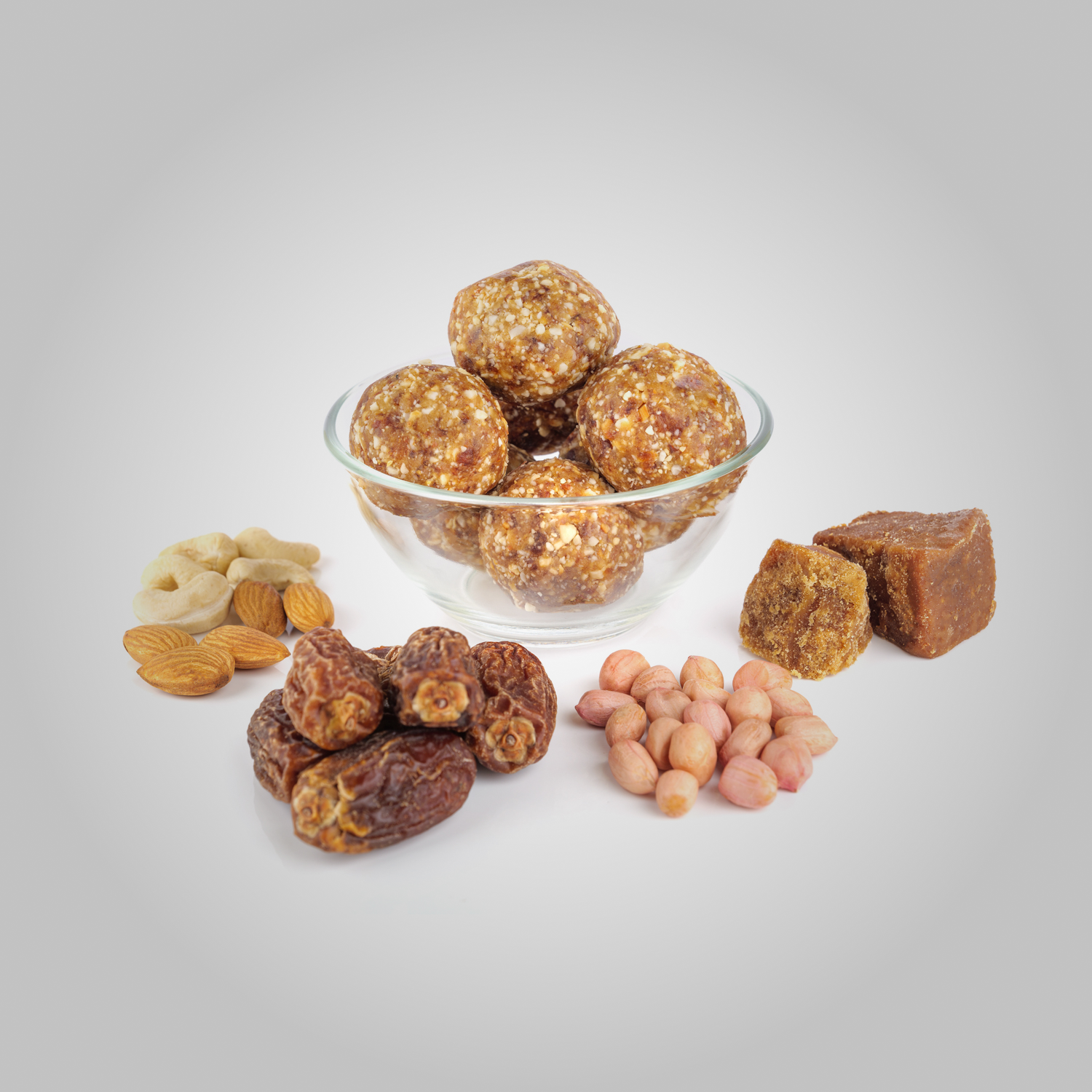
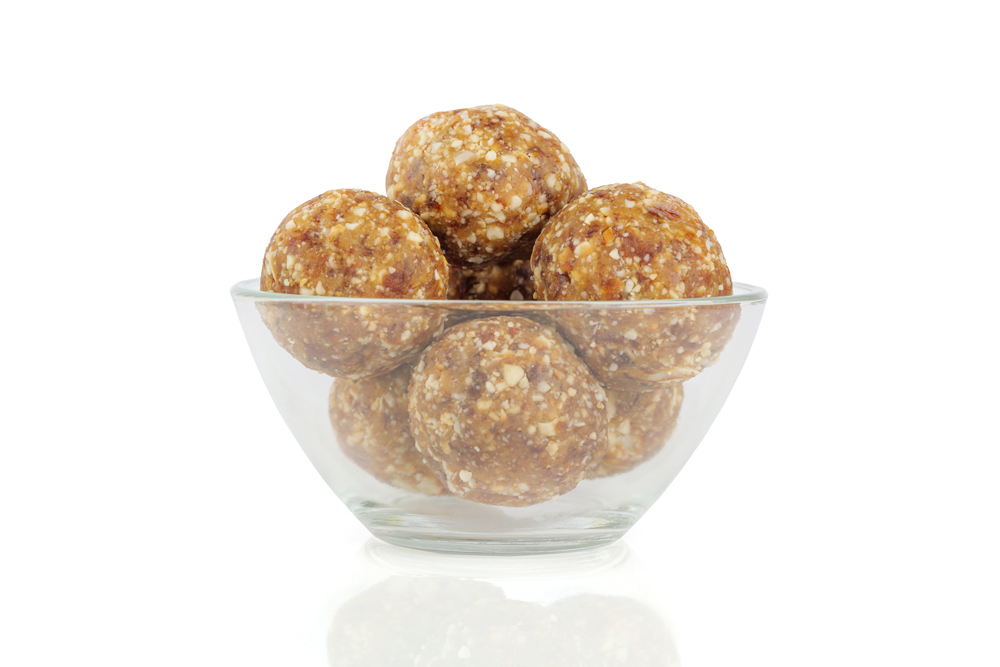
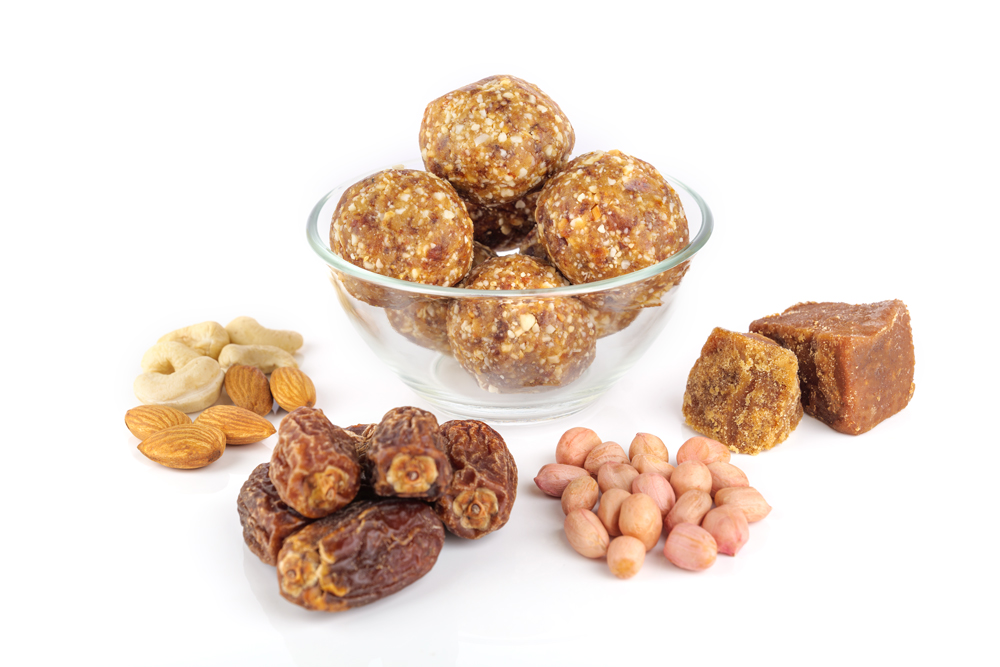
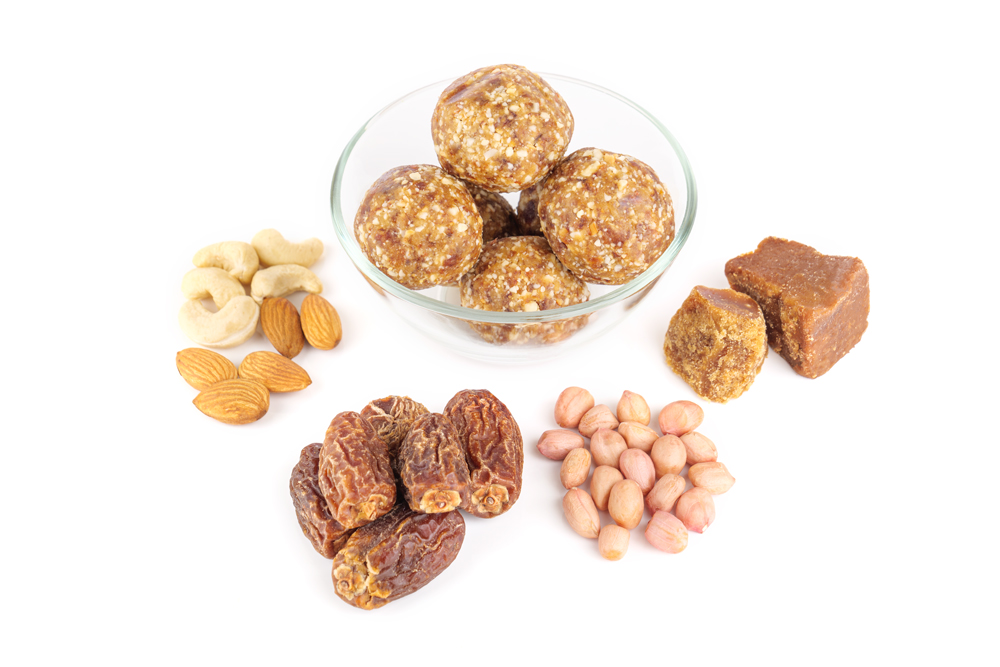
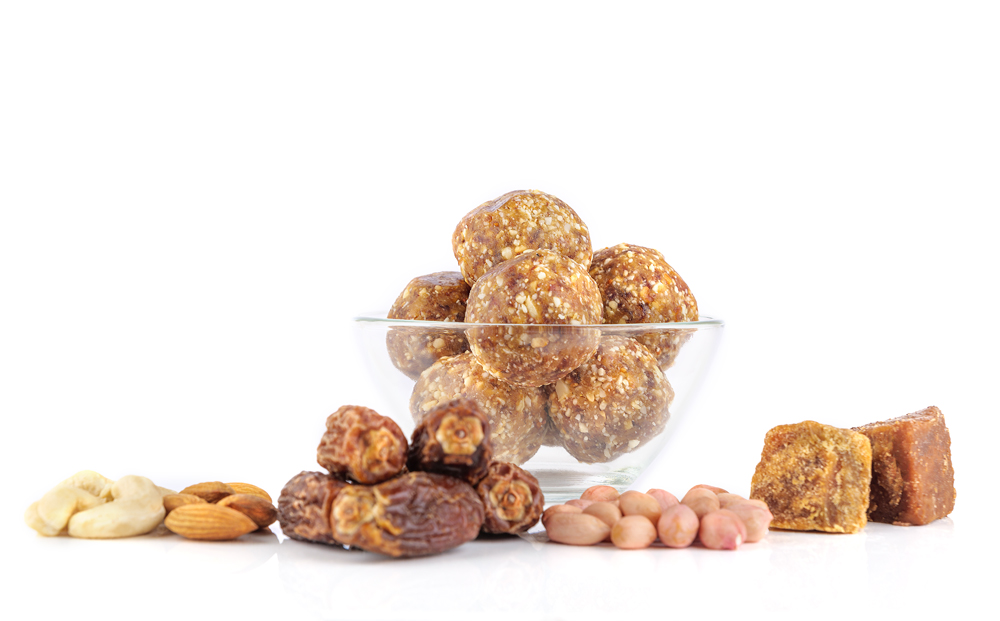









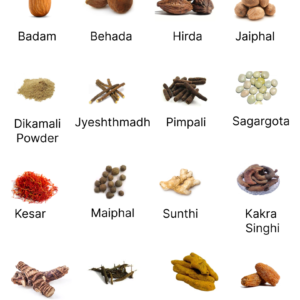
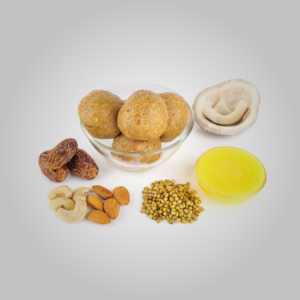





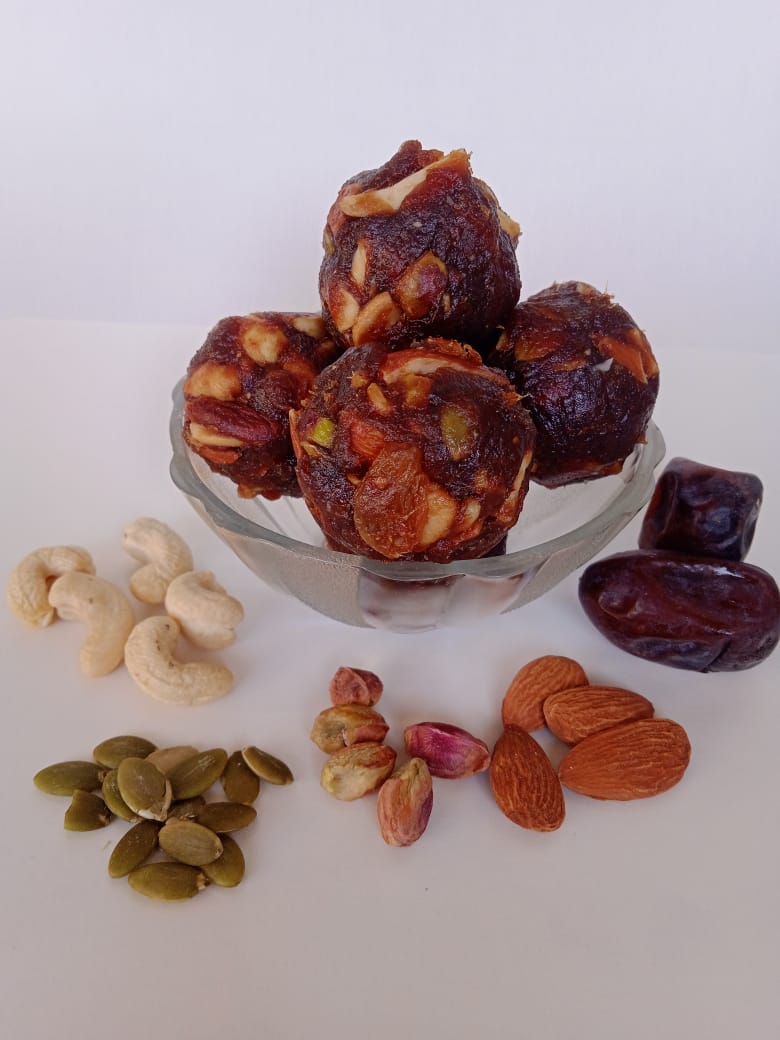
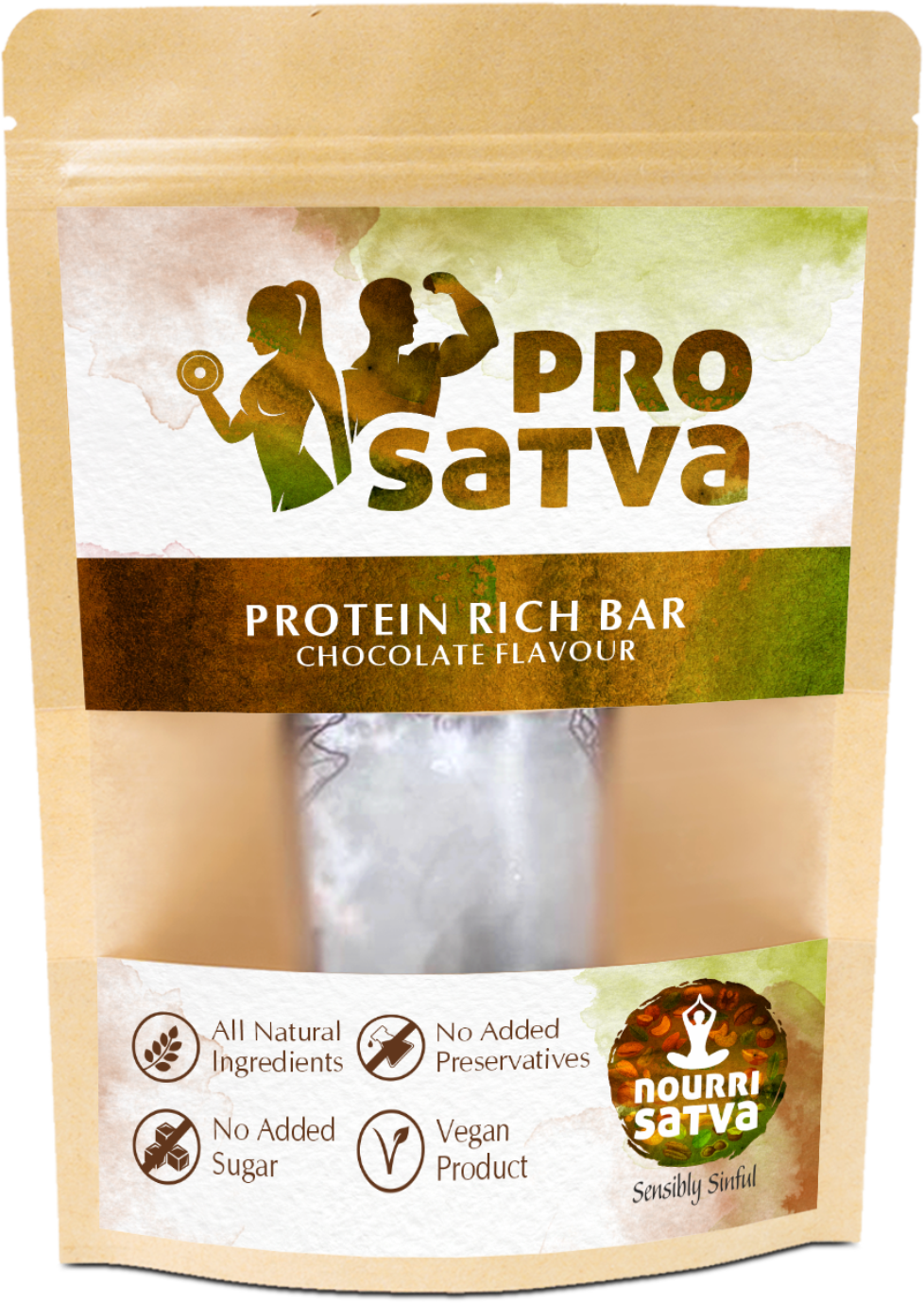
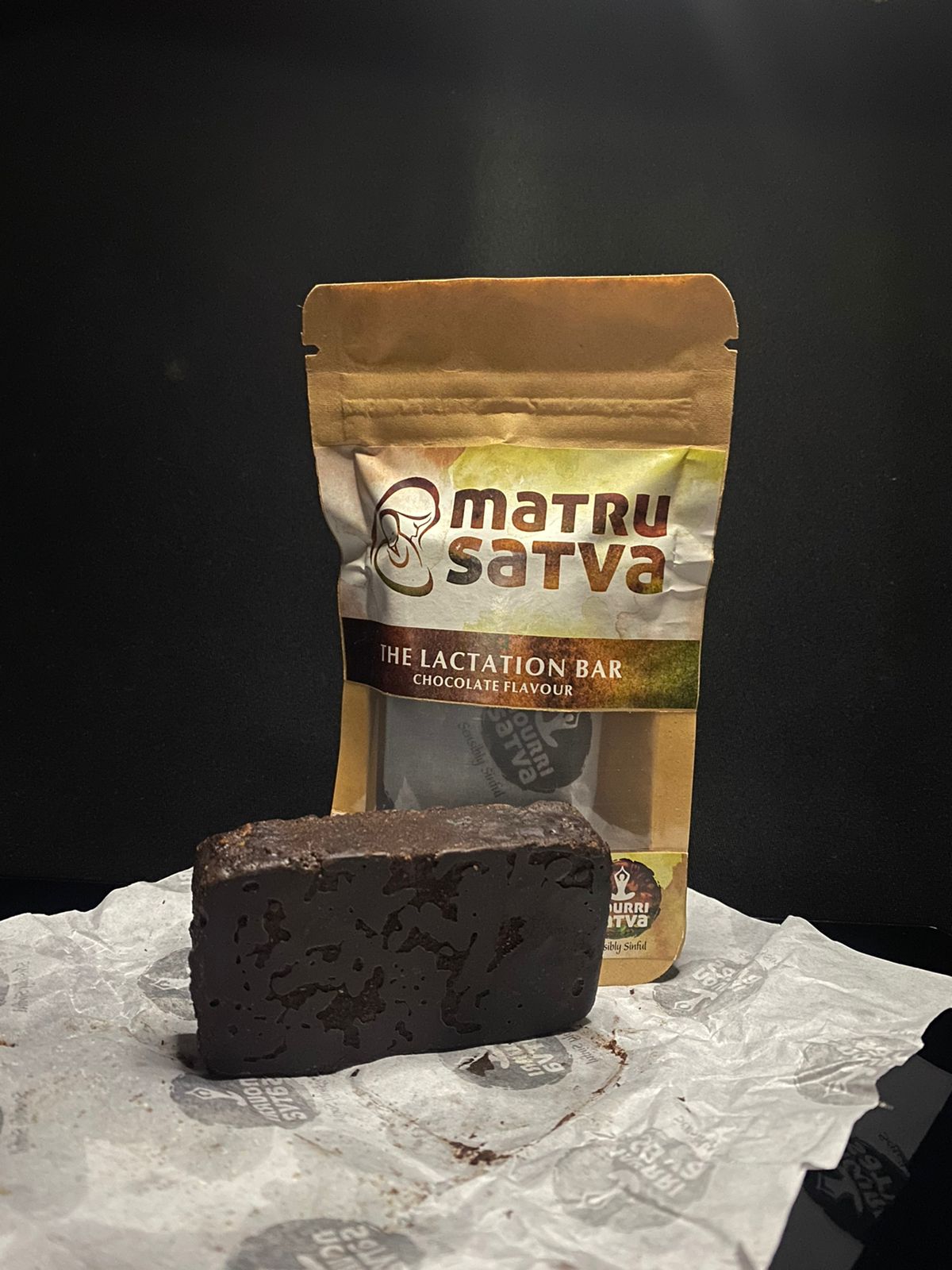
Reviews
There are no reviews yet.